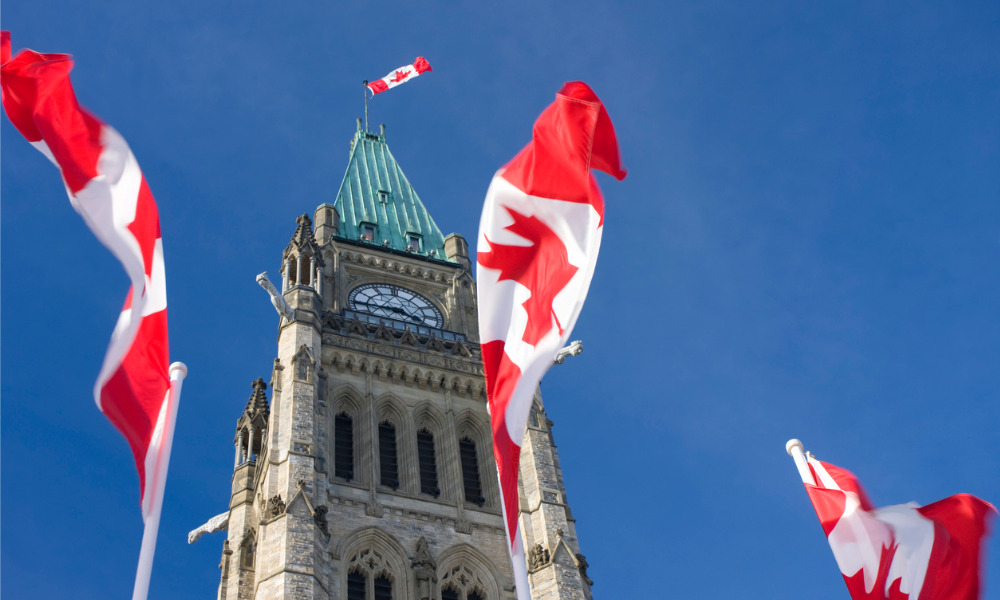This ‘is a powerful tool when it comes to fighting poverty and improving the well-being of lower-income families and communities as a whole’

A $15 per hour federal minimum wage for Canada has officially been approved in Ottawa. The change will affect workers in the federally regulated private sector starting Dec. 29, 2021.
“Every worker deserves dignity and honest pay for a hard day’s work. Our government has moved forward with a $15-per-hour federal minimum wage because we know that it is a powerful tool when it comes to fighting poverty and improving the well-being of lower-income families and communities as a whole,” says Filomena Tassi, minister of labour.
A freestanding federal minimum wage was recommended by the Expert Panel on Modern Federal Labour Standards in 2019. It also aligns with recent changes that ensure employees in the federally regulated private sector have a robust and modern set of labour standards that reflect the realities of 21st century workplaces, according to the government.
Unions back decision
A federal minimum wage that is set at no less than $15 per hour, and indexed to grow in subsequent years, is a critical need for Canada’s pandemic-stricken economy, according to Unifor, in encouraging people to sign a petition for the increase in 2020.
“Some argue that due to the devastating economic toll COVID-19 has taken, minimum wages should remain static – to avoid additional financial burden on business. In fact, the current economic downturn is the very reason Canada should boost the wages for its lowest paid workers. Doing so will ensure that people have the additional income they need to spend on necessities, support local businesses and stimulate job creation. Higher minimum wages help lift thousands of workers out of poverty.”
Consumer spending is closely tied to disposable income, said UFCW Canada, so workers who earn more tend to spend more in their communities. And raising the minimum wage to a livable rate would reduce income inequality by boosting the take home pay of low-income workers.
“Granted, changing the federal minimum wage to $15 an hour would only affect workers in federally regulated sectors, such as banking, telecommunications, and parts of the meat processing industry. But those workers comprise six per cent of the Canadian workforce,” said UFCW. “With income inequality on the rise in Canada, and with most new jobs being precarious and low-paying in nature, it is time for a $15 federal minimum wage.”
Here are the highest to lowest minimum wages in Canada for 2021. Saskatchewan, New Brunswick, Nova Scotia and British Columbia have previously announced minimum wage increases for this year.




